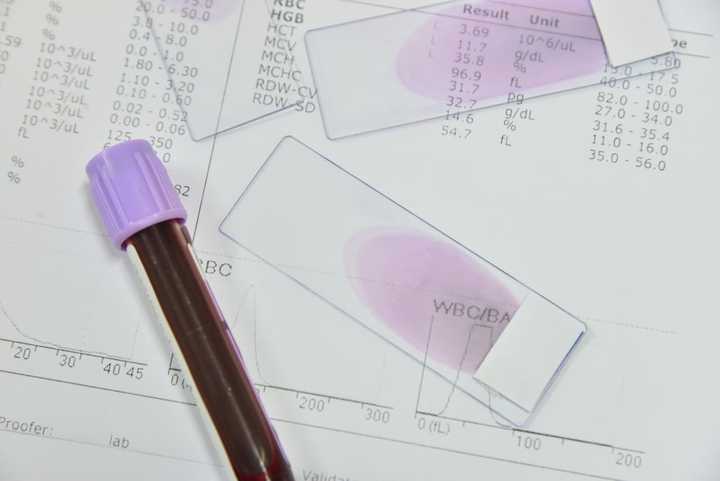Every year, about 13,000 people in the U.S. are diagnosed with bone marrow disorders called myelodysplastic syndromes (MDS). Roughly 30 percent of these new cases progress to a dangerous form of cancer called acute myeloid leukemia (AML).
According to cancer experts, patients who have had prior chemotherapy or radiation treatment pose the biggest risk for developing MDS. Women treated for breast cancer, people treated for other blood or bone marrow disorders, those treated for head, neck, gastrointestinal and lung cancers and possibly men treated for prostate cancer all pose a risk of developing MDS.
Secondary MDS is more likely than primary MDS to develop into AML, which is why prior chemotherapy or radiation patients should be aware of any signs or symptoms such as fatigue, shortness of breath, bruising or unexplained bleeding. The likelihood of MDS also increases with age. It is most prevalent in people over age 60, and more common in men than women.
Currently, the only treatment that can cure MDS is a stem cell transplant. However, as scientists continue to research, refine and improve treatments through procedures such as artificial blood cell production and blood transfusion, patients have experienced remarkable success.
NewYork-Presbyterian is also leading groundbreaking research initiatives to enhance the diagnosis and treatment of MDS. The MDS Center at the Herbert Irving Comprehensive Cancer Center at NYP/Columbia University Irving Medical Center is one of the largest programs in the country. NYP/Weill Cornell Medicine is one of six medical institutions collaborating in the MDS Clinical Research Consortium, which seeks to improve the lives of MDS patients.
NewYork-Presbyterian Cancer Centers provide high-quality, comprehensive cancer care at convenient locations throughout the New York metropolitan area, Westchester and the Lower Hudson Valley. Board certified medical oncologists collaborate with a multidisciplinary team of cancer specialists to provide each patient with an individualized plan of care. To find a location in your area visit nyp.org/cancer locations.
NewYork-Presbyterian is one of the largest and most comprehensive hospitals in the nation, ranked New York’s No. 1 hospital for the 16th consecutive year, and No. 6 in the United States, according to U.S. News and World Report. Affiliated with two academic medical colleges – Columbia University College of Physicians and Surgeons and Weill Cornell Medicine, NewYork-Presbyterian brings together internationally recognized researchers and clinicians to develop and implement the latest approaches for prevention, diagnosis and treatment. The Herbert Irving Comprehensive Cancer Center at NewYork-Presbyterian/Columbia University Medical Center is one of only three NCI-designated comprehensive cancer centers in New York State. NewYork-Presbyterian provides comprehensive cancer care at all of our locations across the New York Metro area including Westchester County and the Hudson Valley. Learn more at nyp.org/cancer.

